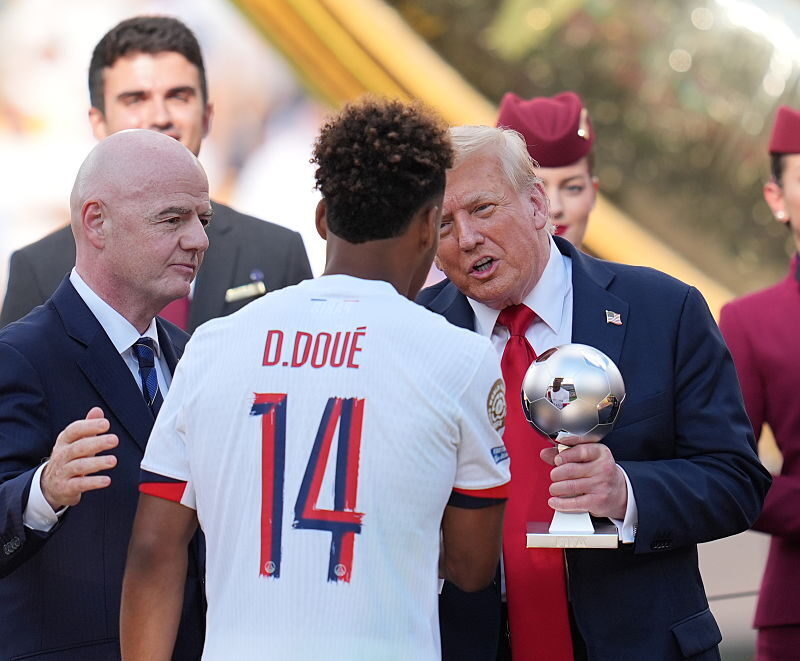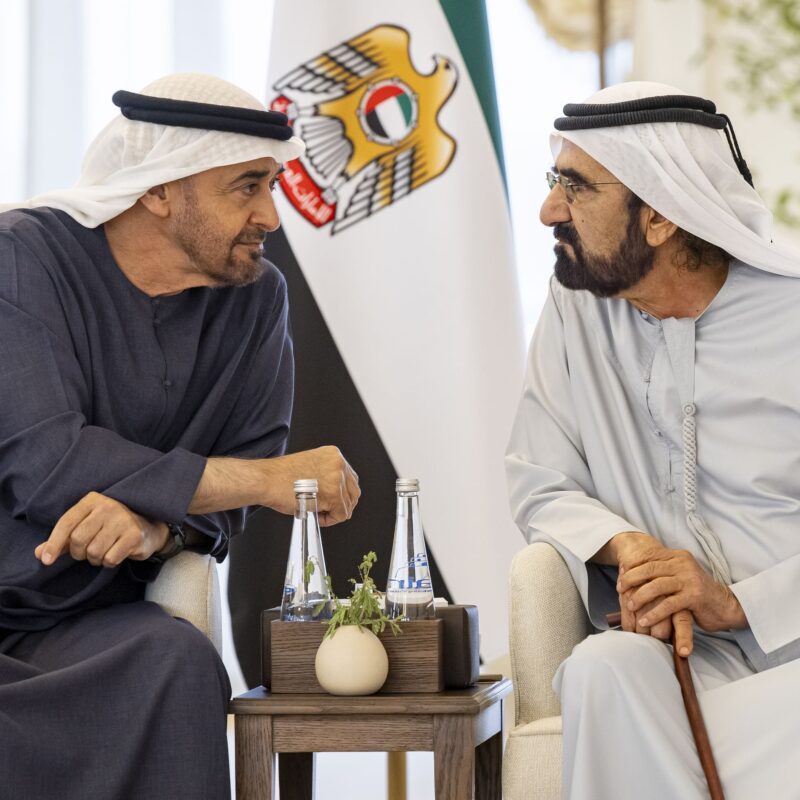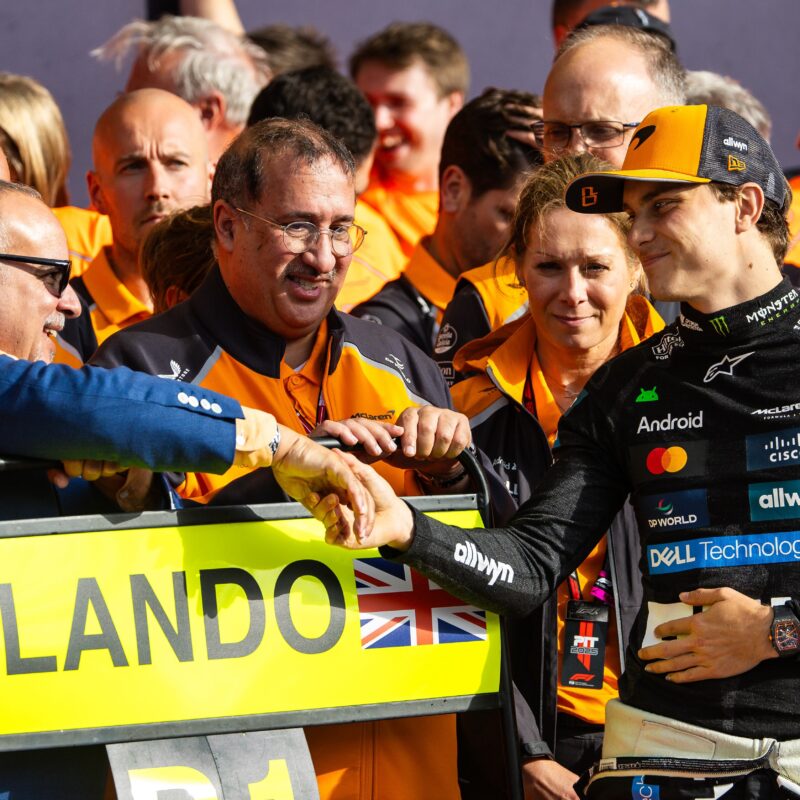Recent Issues
The Weekly Circuit
August 1, 2022
👋 Good Monday morning in the Middle East!
Across the region, women are speaking out about the need to increase their numbers in corporate leadership. A Tel Aviv conference last week drew top women from the fields of...








